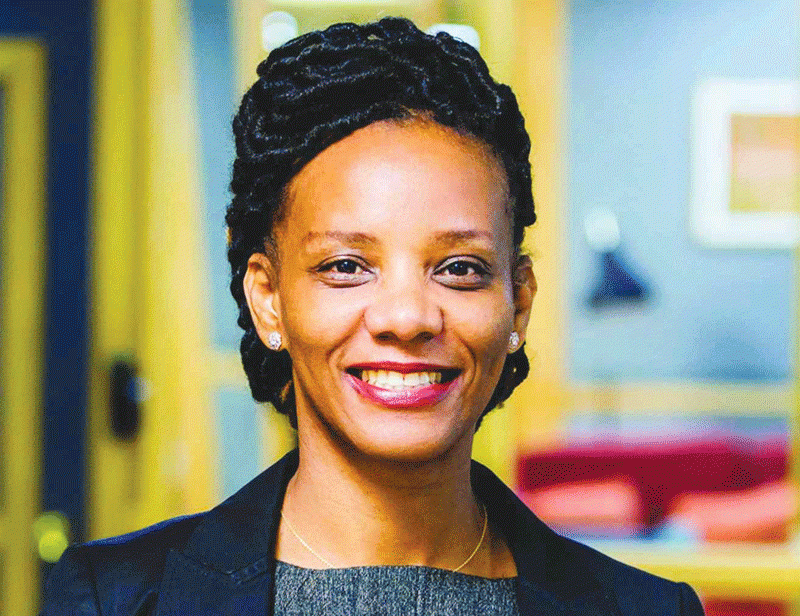
BY TATIRA ZWINOIRA
GOVERNMENT has commissioned the Labour and Economic Development Research Institute of Zimbabwe (Ledriz) to develop a draft informal sector formalisation strategy, businessdigest established this week.
In November 2021, government began consultations towards formulating a comprehensive Small to Medium Enterprises (SMEs) formalisation strategy.
The Women Affairs, Community, Small and Medium Enterprises Development ministry is coordinating the strategy.
Zimbabwe’s informal sector has been expanding ahead of a formal sector that has been crippled by de-industrialisation.
The International Monetary Fund (IMF) estimates that about 60% of the economy is now controlled by the informal sector.
Billions in potential taxes are locked up in the informal sector, and authorities have been exploring ways of drafting these businesses into the formal sector.
Ledriz founding director Godfrey Kanyenze confirmed the deal.
- Chamisa under fire over US$120K donation
- Mavhunga puts DeMbare into Chibuku quarterfinals
- Pension funds bet on Cabora Bassa oilfields
- Councils defy govt fire tender directive
Keep Reading
“We are in the process of developing a formalisation strategy for Zimbabwe,” Kanyenze said. “My organisation won the bid and is undertaking the work on behalf of the United Nations Development Programme, the International Labour Organisation and government,” Kanyenze told businessdigest.
“We have just completed the national stakeholder consultations across all regions of the country and it’s true that so far we have largely focused on the formal sector at the detriment of the informal economy.
“What we are trying to do now is also stated in the National Development Strategy 1 document. We have to formalise the informal economy. The idea is to facilitate their transition from either macro to small, small to medium and medium to large,” he said.
Ledriz is working on relaxing restrictive registration procedures.
To register an informal firm, entrepreneurs go through various government agencies including registering with the Zimbabwe Revenue Authority, National Social Security Authority, the Zimbabwe Manpower Development Fund and the registrar of companies.
“It is quite a laborious process and it is highly centralised as well. It is very costly for a macro-enterprise that is based in some of these remote places,” Kanyenze said.
Treasury reported in the 2022 national budget statement that as at the end of 2021, formal employment was about 963 200, but many more people are working in the informal sector.
Treasury has been trying to formalise the informal sector to tax them while the central bank has been looking for ways to access the estimated US$1,5 billion circulating informally.
Women’s Affairs minister Sithembiso Nyoni told businessdigest this week that the policy to formalise the economy was gaining traction.
“My ministry is responsible for the informal sector and SMEs and I am sure that you have seen me moving about with my permanent secretary and directors,” she said.
“We wanted to start with women, women in production. Lots of women are producing a lot of good stuff but they are not registered and they are also not supported to own the businesses that they have.
“Apart from mobilising women in production, we are now going to be organising vendors because you can’t formalise without them being educated and organised in a way that convinces them that heading a company and working in a formal way pays more than the informal.
“My ministry is key in trying formalise the informal sector because of political will from the top, to lead the way and make sure that the SMEs and informal sector are educated and informed on the value of formalising,” Nyoni added.
With billions of foreign currency said to be circulating in the informal sector, formalising it could unlock a significant amount of new revenue for the Treasury.











